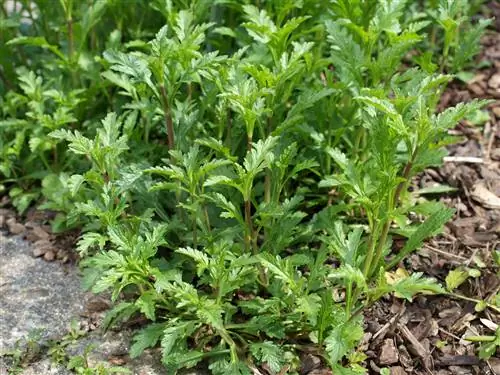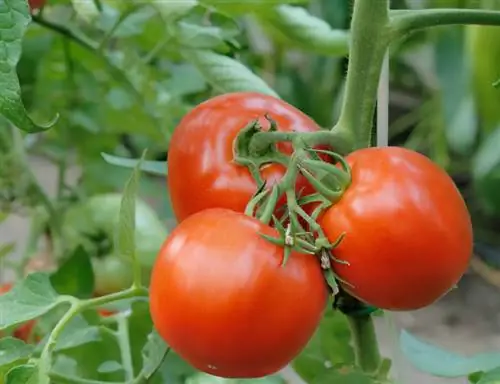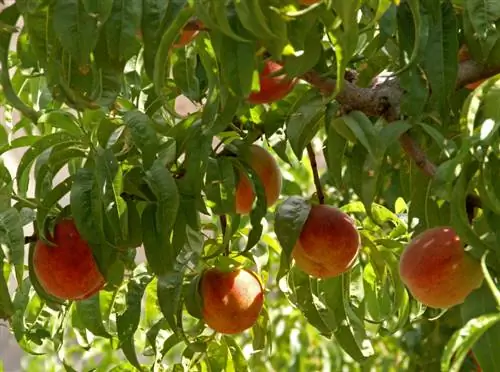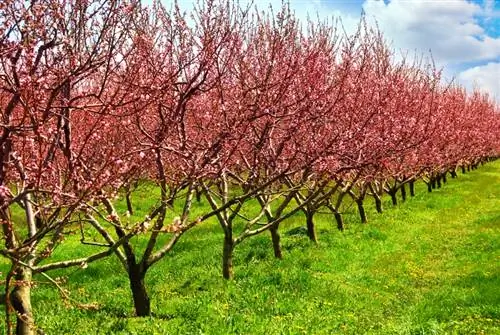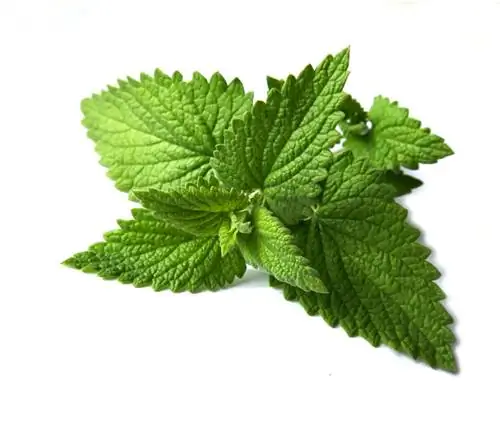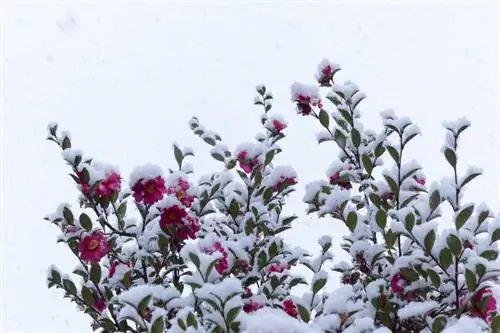- Author admin leonars@hobbygardeners.com.
- Public 2023-12-16 16:46.
- Last modified 2025-01-23 11:22.
If snail-resistant plants thrive in the bed, voracious snails are at a disadvantage. After reading this guide, you will know whether verbena is eaten by snails or not. The best snail-resistant verbena species at a glance.
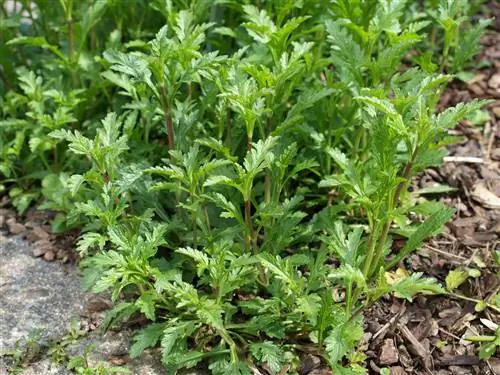
Is verbena slug resistant?
Vervain isnot eaten by snailsThe perennial issnail-resistant due to its hairy plant parts and poisonous ingredients. Verbena (Verbena officinalis) is particularly resistant to snails. Snails also avoid Patagonian verbena, lance verbena, stiff verbena and the drooping-creeping variety Samira Scarlet.
Which plants are not eaten by snails?
Snails avoid all plants withpoisonous,bitterandacidicingredients. Plants withhairyorthick-fleshed leaves are also protected from snail damage. At the top of the slug diet are delicate leaves, soft petals and young shoots.
Unlike slugs, shell snails have no appetite for fresh greenery, such as flowers, lettuce or vegetable plants. Snails with a house on their backs are the garbage chute in the bed. Withered leaves, moldy plant remains and fungal threads are eaten.
Is vervain eaten by snails?
Verbena (Verbena) is not eaten by snailsVerbena thrives as perennial, herbaceous plants withhairyleaves and square, stable stems. Verbena plants also contain mildly toxic ingredients such as glycosides, caffeic acid derivatives, bitter substances, flavonoids and essential oils. This combination of growth properties and ingredients makes verbenasnail-resistant
Which verbena species are particularly slug-resistant?
Verbena (Verbena officinalis) is considered to be particularly resistant to snails. The verbena plant is widespread in Europe and is valued as a traditional medicinal plant. With rough, hairy leaves and a high concentration of slightly toxic ingredients, the verbena protects itself from snail damage. However, the wild perennial is rather inconspicuous. The following verbena species and varieties are decorative and slug-resistant:
- Argentine verbena (Verbena bonariensis)
- Lance verbena (Verbena hastata)
- Stiff Verbena 'Lilac Blue' (Verbena rigida)
- Tall Verbena 'Lollipop' (Verbena bonariensis)
- Verbene hybrid 'Samira Scarlet' (hanging or creeping).
Tip
Vervain is bee-friendly
Vervain is a rich pasture for bees. The perennial compensates for the comparatively low nectar value of 2 with a long flowering period from May to October. The most beautiful verbena species for the bee-friendly garden are the Patagonian verbena (Verbena bonariensis) from South America and the impressive lance verbena, also called blue verbena, (Verbena hastata) from North America. Both verbena plants are hardy and reproduce by self-sowing.

